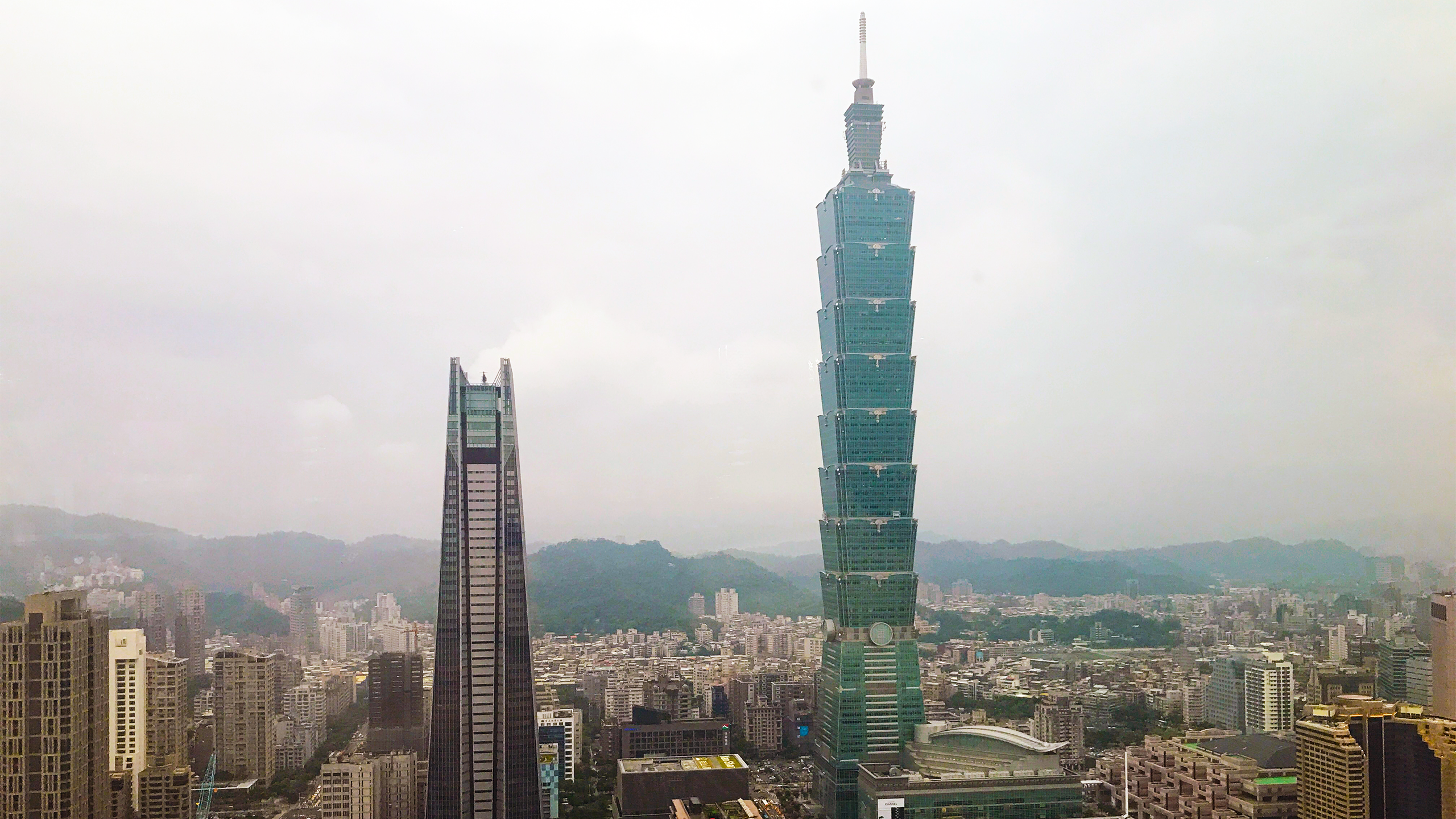Taiwan Approves Major Tax Breaks for High-Tech R&D, Manufacturing
Taiwan opposes U.S. CHIPS Act with tax breaks for local companies.

Now that Europe, Japan and the U.S. are luring chipmakers to their shores with incentives and tax breaks in a bid to disrupt Taiwan's and South Korea's monopoly on leading-edge chipmaking, Taiwan is fighting back. The Taiwanese government on Thursday approved tax breaks for high-tech companies that conduct research, development and manufacturing operations in the country.
High-tech companies that invest huge amounts of money in R&D in Taiwan will be able to lower their income tax by 25%, according to the new amendment approved by Taiwan's Ministry of Economy on Thursday, reports Bloomberg. Also, the government will give a 5% tax break to companies that purchase advanced manufacturing equipment. At press time it was unclear how much Taiwanese companies need to invest in R&D or production tools to get the tax cuts and which R&D and manufacturing equipment the government considers advanced enough to provide the tax breaks.
By implementing new tax breaks, the Taiwanese government hopes to attract companies like TSMC, which does both R&D and manufacturing in Taiwan (and will therefore receive a 30% tax break). It also makes Taiwan more attractive to companies like Alchip, which designs chips in Taiwan (which is set to receive a 25% tax break if it invests enough in R&D), and Micron that operates two major fabs filled with boatload of expensive wafer production equipment (which is set to get a 5% tax cut).
What is no less important is that the new tax breaks make Taiwan more alluring for huge high-tech companies like AMD, Intel and Nvidia, which invest huge amounts of money in R&D and have development centers in India because of low costs. If they establish similar operations in Taiwan, that will be a win for the country as engineers tend to earn good salaries.
Taiwan's government does not exactly follow its peers from the U.S, Japan and Europe with direct subsidies and tax breaks for chipmakers. There are dozens of fabs on the island already, many of them are gargantuan TSMC's gigafabs (with production capacity of 100,000 or more wafer starts per month) and loads of them produce chips using leading-edge nodes. Those fabs are not going anywhere, companies like TSMC, Micron, UMC and other chipmakers will keep upgrading and expanding them for years to come. So, what Taiwan might need more is to lure more research and development operations to the country. More innovations will inevitably strengthen Taiwanese semiconductor production industry over time.
When Morris Chang founded TSMC in 1987, he got $100 million from the Taiwanese government in exchange for a 49% stake. Other foundries that followed Chang's steps also got money from the government which understood importance of the semiconductor industry in general and contract chipmaking in particular. That was essentially Taiwan's analog of the CHIPS act implemented some 35 years before the U.S. Apparently, the government of Taiwan feels confident about semiconductor manufacturing industry in the country, but wants to lure in more scientists and engineers to strengthen it with innovations.
Get Tom's Hardware's best news and in-depth reviews, straight to your inbox.

Anton Shilov is a contributing writer at Tom’s Hardware. Over the past couple of decades, he has covered everything from CPUs and GPUs to supercomputers and from modern process technologies and latest fab tools to high-tech industry trends.
-
PlaneInTheSky Taiwan can spend as much as they want, that is not going to stop the US and Europe from wanting to get back the chip manufacturing marketshare that they lost to Taiwan and Korea.Reply
Because this is a national security issue. When F-35 production gets into trouble because there are chip delays with TSMC, one has to ask what kind of crazy security risk it is to outsource everything to a tiny island on one of the most seismically active regions in the world.
-
PBme ReplyPlaneInTheSky said:Because this is a national security issue. When F-35 production gets into trouble because there are chip delays with TSMC, one has to ask what kind of crazy security risk it is to outsource everything to a tiny island on one of the most seismically active regions in the world.
Agreed that it is a national security issue but I'd say the primary risk is less earthquake supply disruption and more than Emperor Xi has made it clear that they are on the Honk Kong path of bringing Taiwan to heel as they know no western country will go to war to keep them independent. -
cyrusfox more tax breaks for established Taiwan players. Thank you for giving us the ability to comment, thread was locked for last article.Reply
Taiwan needs these incentives to compete with China's ambition to take it all mainland. -
PlaneInTheSky ReplyTaiwan needs these incentives to compete with China's ambition to take it all mainland.
Taiwan's TSMC has chip factories in mainland China. This idea that there's this division between Taiwan and mainland China when it comes to chips is something that Taiwan exaggerates to escape US sanctions on China. TSMC's Shanghai fabs in China are even physically located right next to to China's biggest chipmaker, SMIC, they often recruit from one another, the factories are a stonethrow away from each other. -
Racklefratz Quoting the article: "When Morris Chang founded TSMC in 1987, he got $100 million from the Taiwanese government in exchange for a 49% stake. Other foundries that followed Chang's steps ...."Reply
Huh? "other foundries..."? What's that about? Foundries make metal castings - this is about semi-conductors. I don't get it. -
TJ Hooker Reply
Semiconductor fabs can also be referred to as foundries. For example:Racklefratz said:Quoting the article: "When Morris Chang founded TSMC in 1987, he got $100 million from the Taiwanese government in exchange for a 49% stake. Other foundries that followed Chang's steps ...."
Huh? "other foundries..."? What's that about? Foundries make metal castings - this is about semi-conductors. I don't get it.
https://www.nasdaq.com/articles/an-overview-of-the-top-5-semiconductor-foundry-companies-2021-10-01